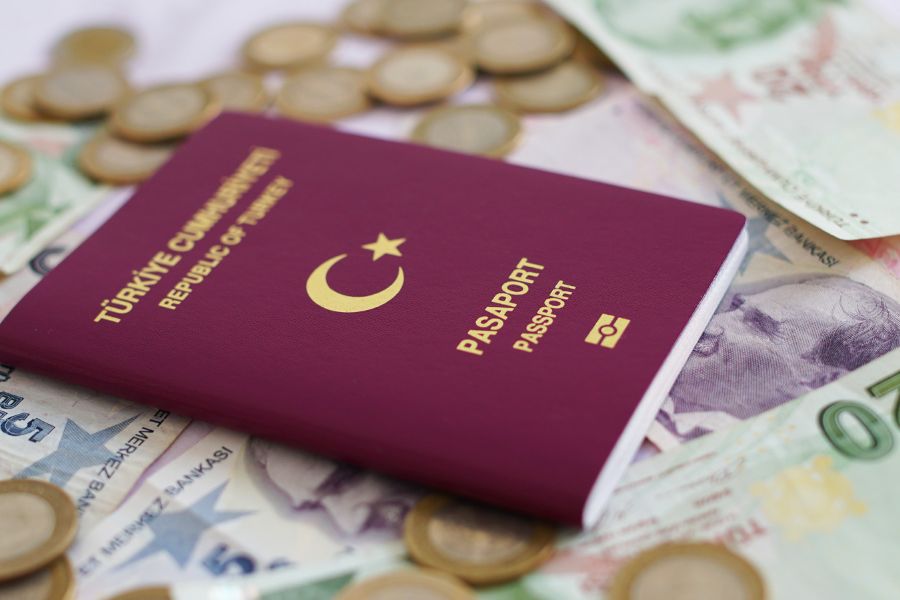What is the currency in Turkey?
Exploring the Turkish Lira: The Official Currency of Turkey
When traveling to any country, it’s essential to understand the local currency to make informed decisions during your stay. If you’re planning a trip to Turkey, you may wonder what currency is used in this historically rich and culturally diverse nation. In this blog post, we will explore the Turkish Lira, the official currency of Turkey, its history, banknotes, coins, and some useful tips for exchanging money during your visit. Experience Turkey’s rich culture and history with the diverse Turkey tour packages provided by One Nation Travel.
A Brief History of the Turkish Lira

The official currency of Turkey is the Turkish Lira (TRY), with the currency symbol ₺. The history of the Lira can be traced back to the Ottoman Empire, where it was first introduced in 1844. Following the establishment of the Republic of Turkey in 1923, the country continued to use the Lira as its official currency. Over the years, Turkey has undergone several currency reforms and devaluations, with the most recent being the introduction of the New Turkish Lira (YTL) in 2005. In 2009, the “New” was dropped, and it reverted to the Turkish Lira (TRY).
Banknotes and Coins

The Central Bank of the Republic of Turkey (TCMB) is responsible for issuing and regulating the country’s currency. Turkish Lira banknotes come in denominations of 5, 10, 20, 50, 100, and 200 Lira. The banknotes feature images of significant Turkish historical figures and cultural landmarks on both sides.
Coins, known as “kurus,” are available in denominations of 1, 5, 10, 25, and 50 kurus, with 100 kurus equaling one Lira. The 1 Lira coin also exists and is commonly used. The coins feature various national symbols and images that represent the country’s rich heritage.
Currency Exchange Tips
- Plan ahead: Before traveling to Turkey, check the current exchange rates to get a general idea of the value of the Turkish Lira against your home currency. This will help you make informed decisions when exchanging money or making purchases.
- Use reputable exchange offices: While you can exchange currency at airports, hotels, and banks, it’s best to use a reputable exchange office for the most competitive rates. Avoid street vendors or unauthorized exchange bureaus.
- ATM withdrawals: ATMs are widely available in Turkey, and they often offer better exchange rates than exchange offices. However, be aware of any fees your bank may charge for international transactions.
- Credit cards: Major credit cards like Visa, Mastercard, and American Express are widely accepted in Turkey, particularly in larger cities and tourist areas. However, always carry some cash for smaller establishments or rural areas that may not accept credit cards.
- Keep the small change: Carry small denominations of Lira, particularly coins, to pay for small purchases or tips. This will help you avoid the hassle of finding change or paying more than necessary.
Conclusion
The Turkish Lira is the official currency of Turkey, with a rich history that dates back to the Ottoman Empire. When visiting the country, make sure to familiarize yourself with the banknotes and coins, and follow the currency exchange tips provided to ensure a smooth and enjoyable trip. By understanding the local currency, you’ll be better prepared to explore Turkey’s beautiful landscapes, historical sites, and vibrant culture.







